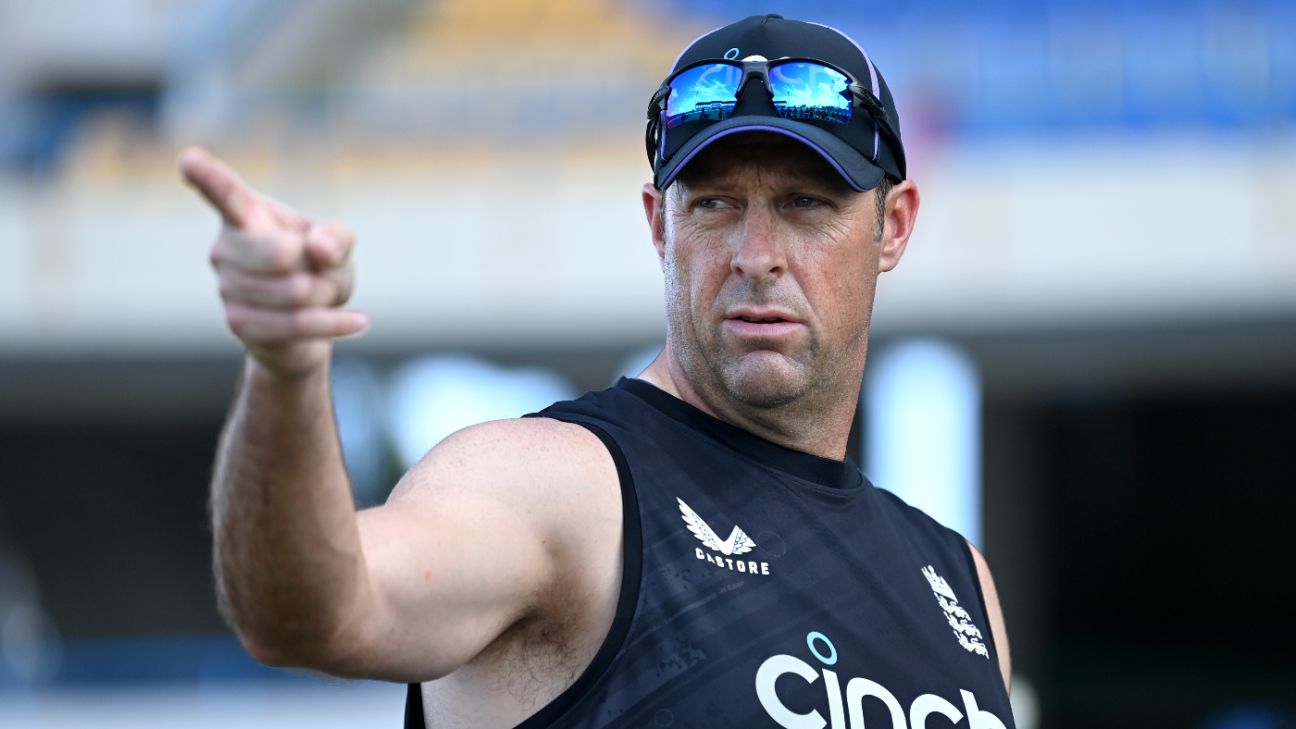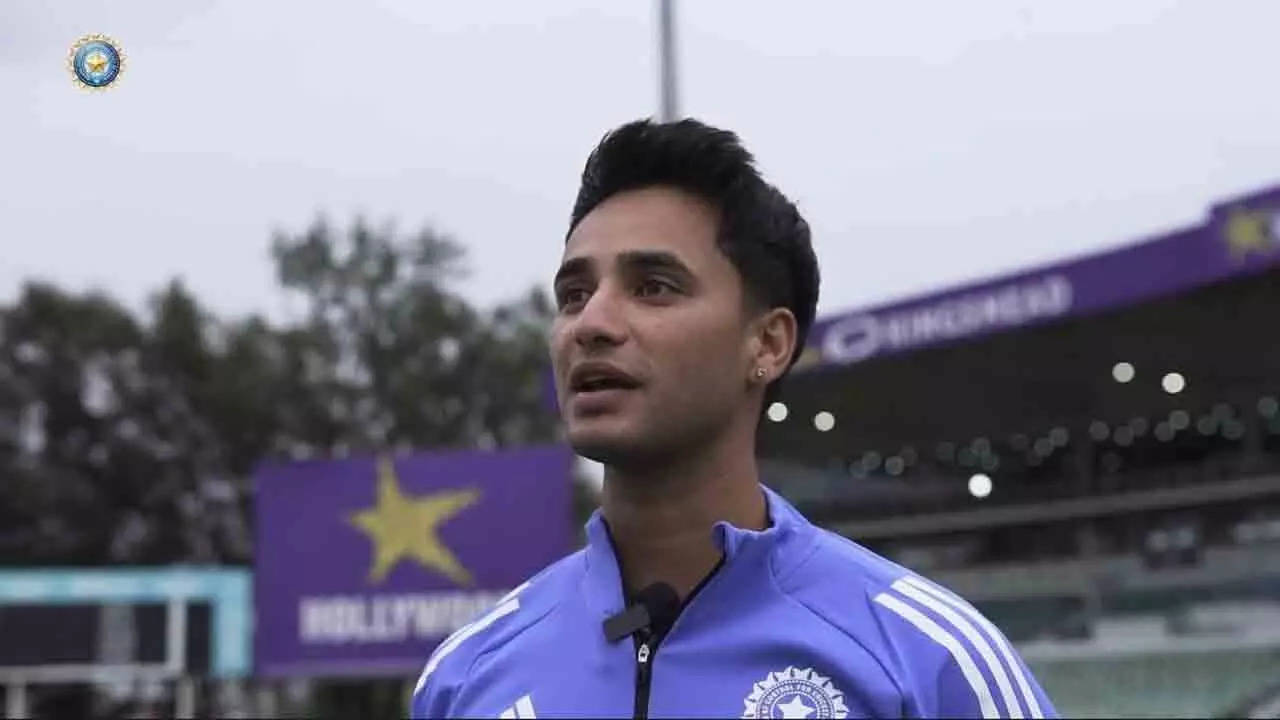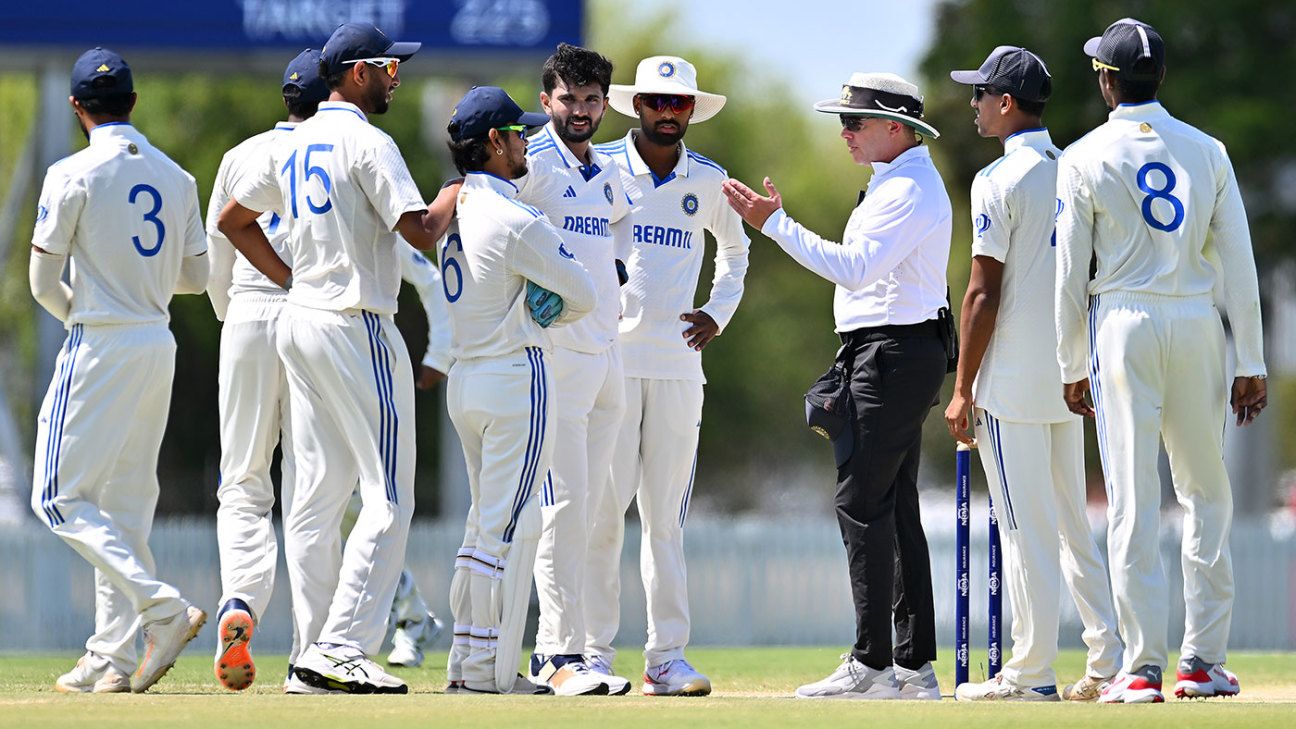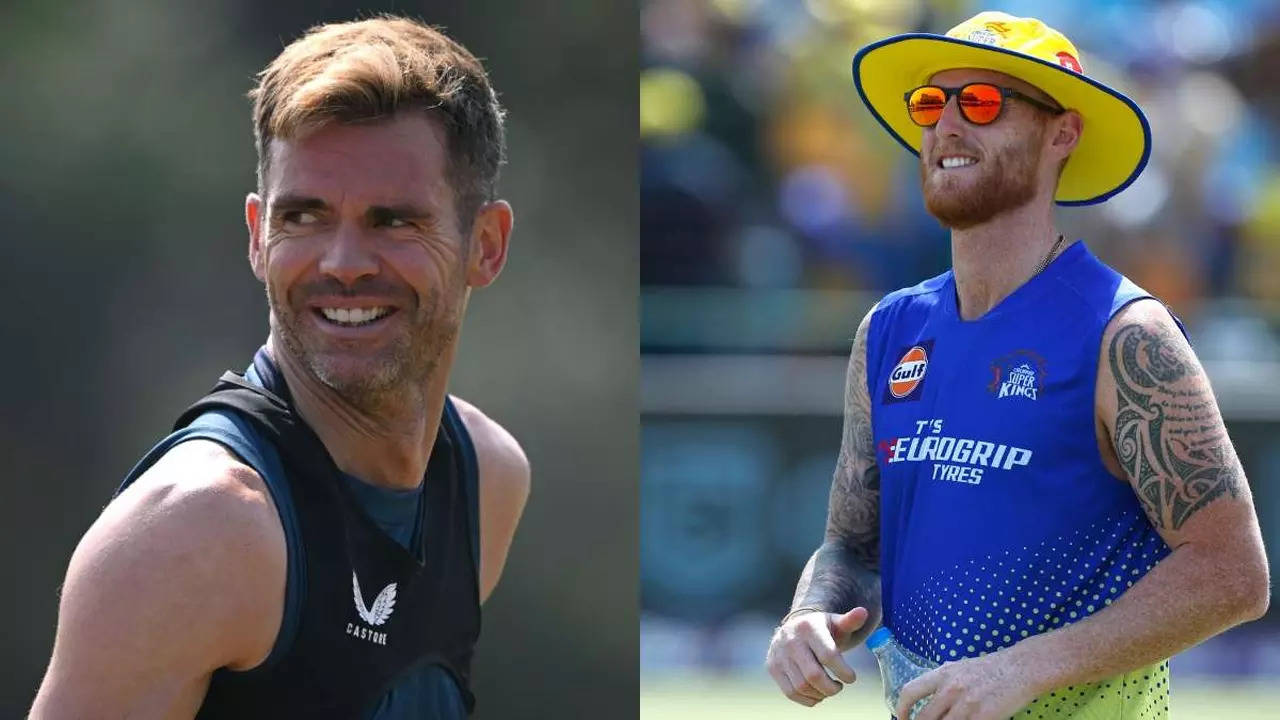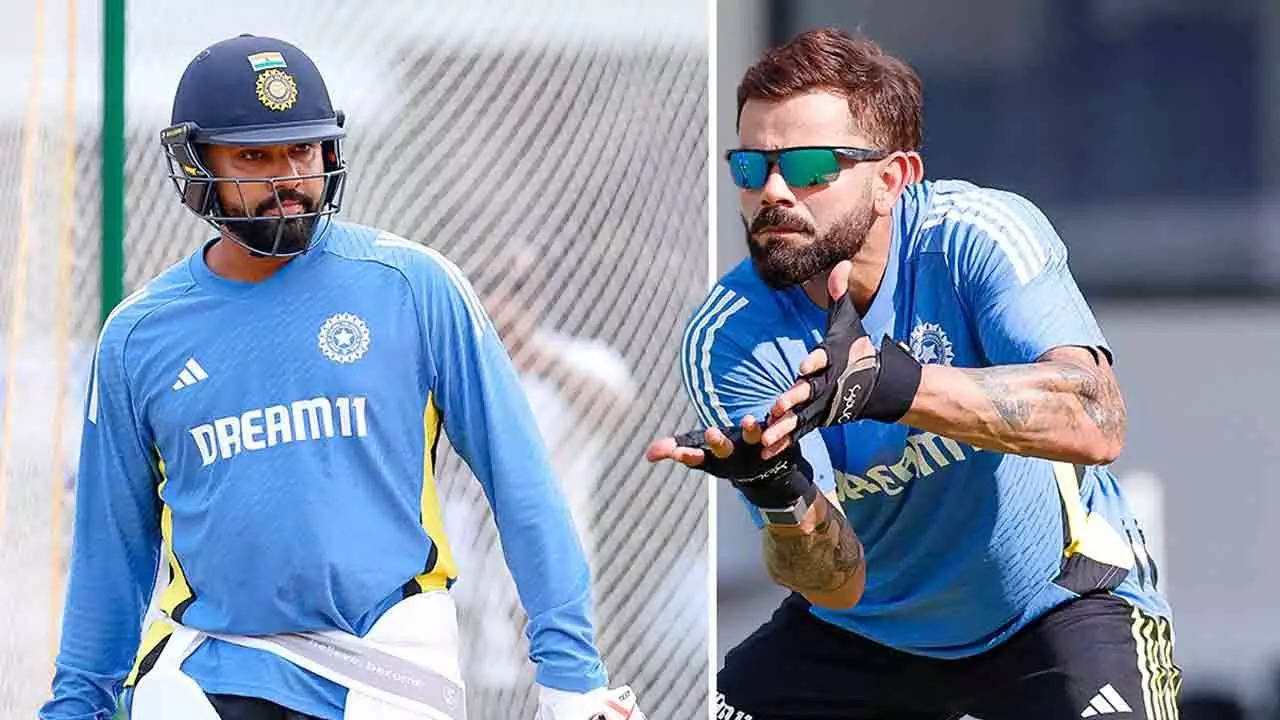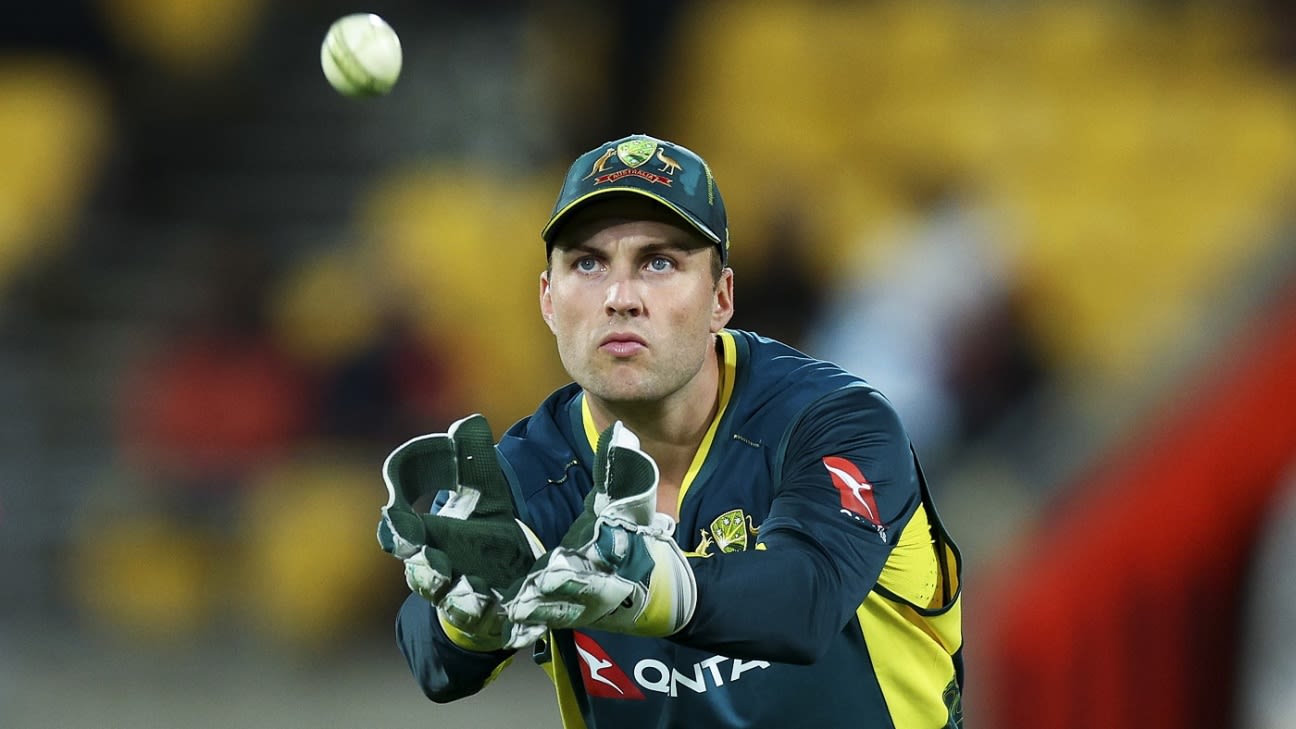Interim head coach Marcus Trescothick has defended his young ODI squad after their crushing eight-wicket defeat to the West Indies, emphasizing that the result does not accurately reflect the state of English white-ball cricket.
England’s loss to the West Indies marked their twelfth ODI defeat in 18 matches since the start of the 2023 World Cup. The match featured a new-look eleven with four debutants, highlighting the team’s ongoing transition.
On a challenging surface, England was bowled out for 209. Despite a promising display with the ball, Windies opener Evin Lewis’s explosive 94 off 69 balls ultimately sealed the victory for the home team.
Trescothick acknowledged the challenges faced by the young squad, stating, “I think it’s certainly not where England cricket is at. Because for a long period of time now, you’ve not had our main team in white-ball games. You don’t really know where white-ball cricket is.”
He emphasized the need to invest in the next generation of players, despite the recent setbacks. “I think with the system that we’ve had and the volume of cricket that we’ve been trying to play and still look after the players, I think you could put a team together tomorrow for a World Cup, and it would probably look different to what you had this series and some of the series that we played against Australia.”
The current series lacks several key players due to England’s Test tours of Pakistan and New Zealand. However, Trescothick believes that the team’s focus on youth development is crucial. “It’s probably a better question for the selectors more than anything else. It’s not my decision who comes in,” he said. “But I think you can see from the plan of the England team in the last year, probably, and maybe a little bit further back, how much we want to invest in the next generation.”
England’s innings saw five of the top six batsmen caught in the 30-yard circle, highlighting their struggles to balance defense and attack. “We’ve got to try and bat 50 overs first and foremost,” said Trescothick. “The real skill in white-ball cricket in particular is the tempo and the balance between aggression and batting for long periods of time.”
Trescothick’s tenure as white-ball coach will end in January when Brendon McCullum takes over. He has faced the challenge of balancing the need to emphasize opportunity for young players with the desire to win. “I am trying to get the priority right at the moment. I want to win every game and we dictate that in the dressing room. But we also want to see a few players in the environment before the structure changes and Brendon takes over. So, why not give them the opportunity to thrive in this environment?”
Trescothick’s future role in the white-ball setup remains uncertain. “I don’t know just yet,” he said. “We’ve got a bit of a plan behind the scenes, but nothing has been confirmed as such.”

